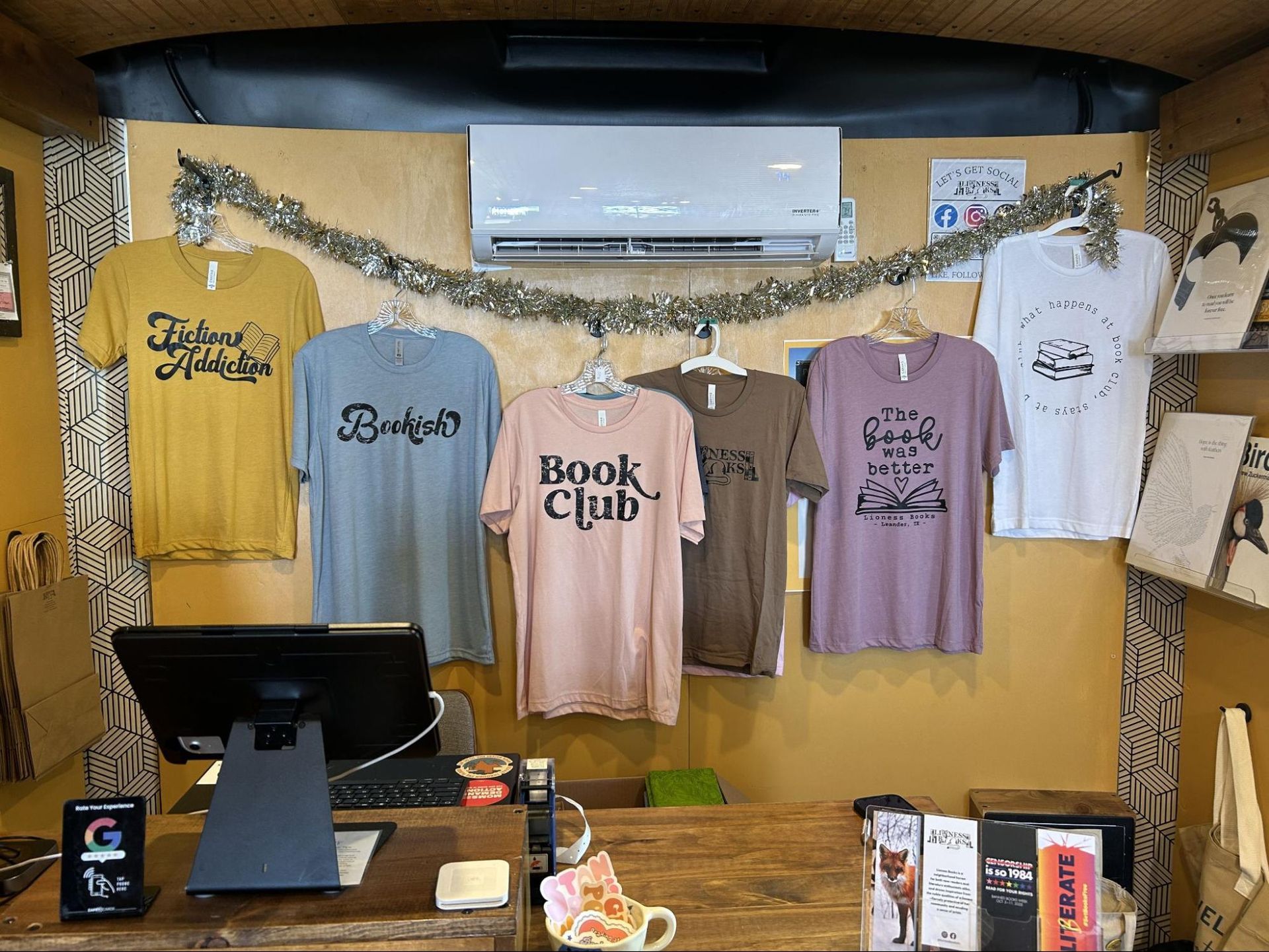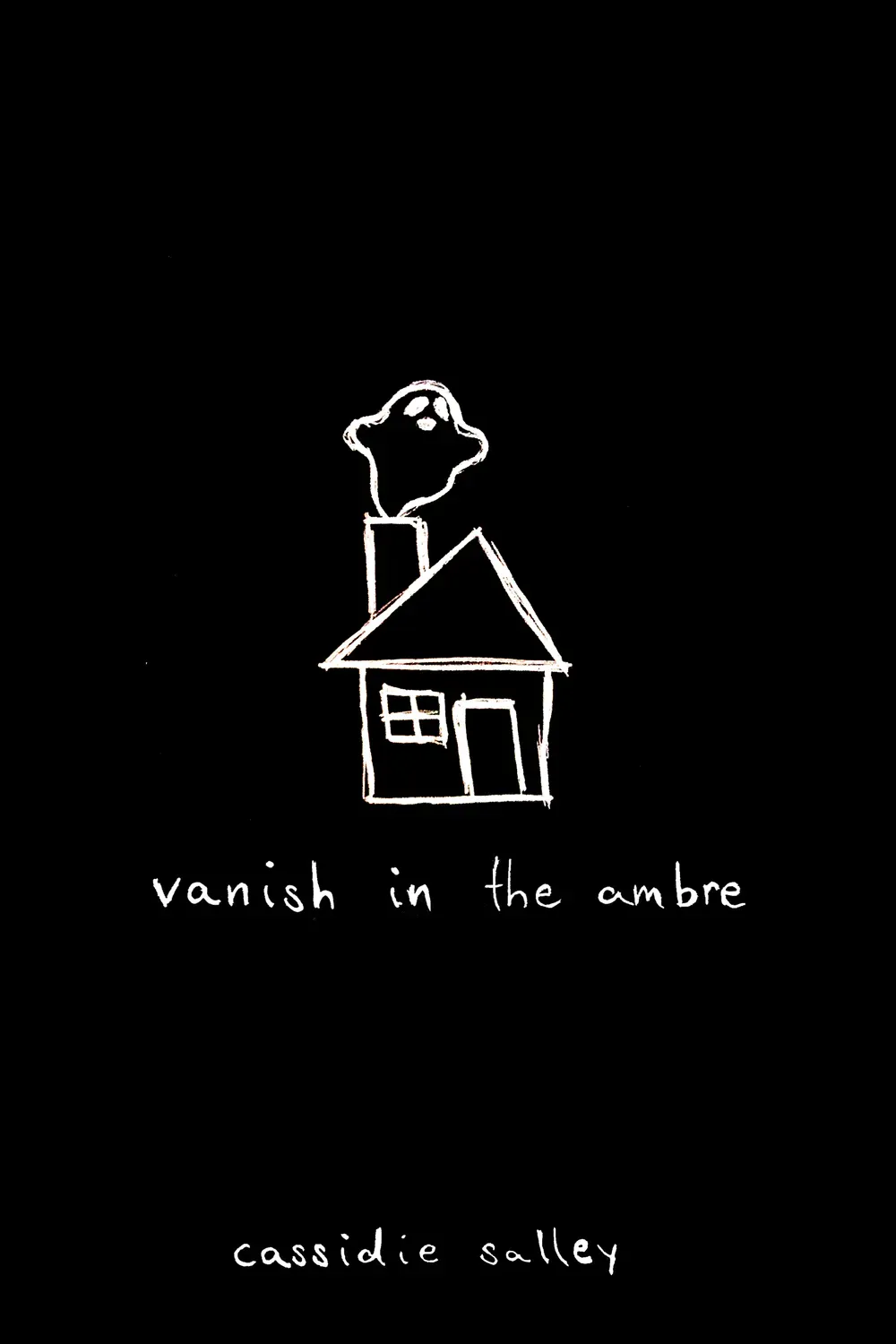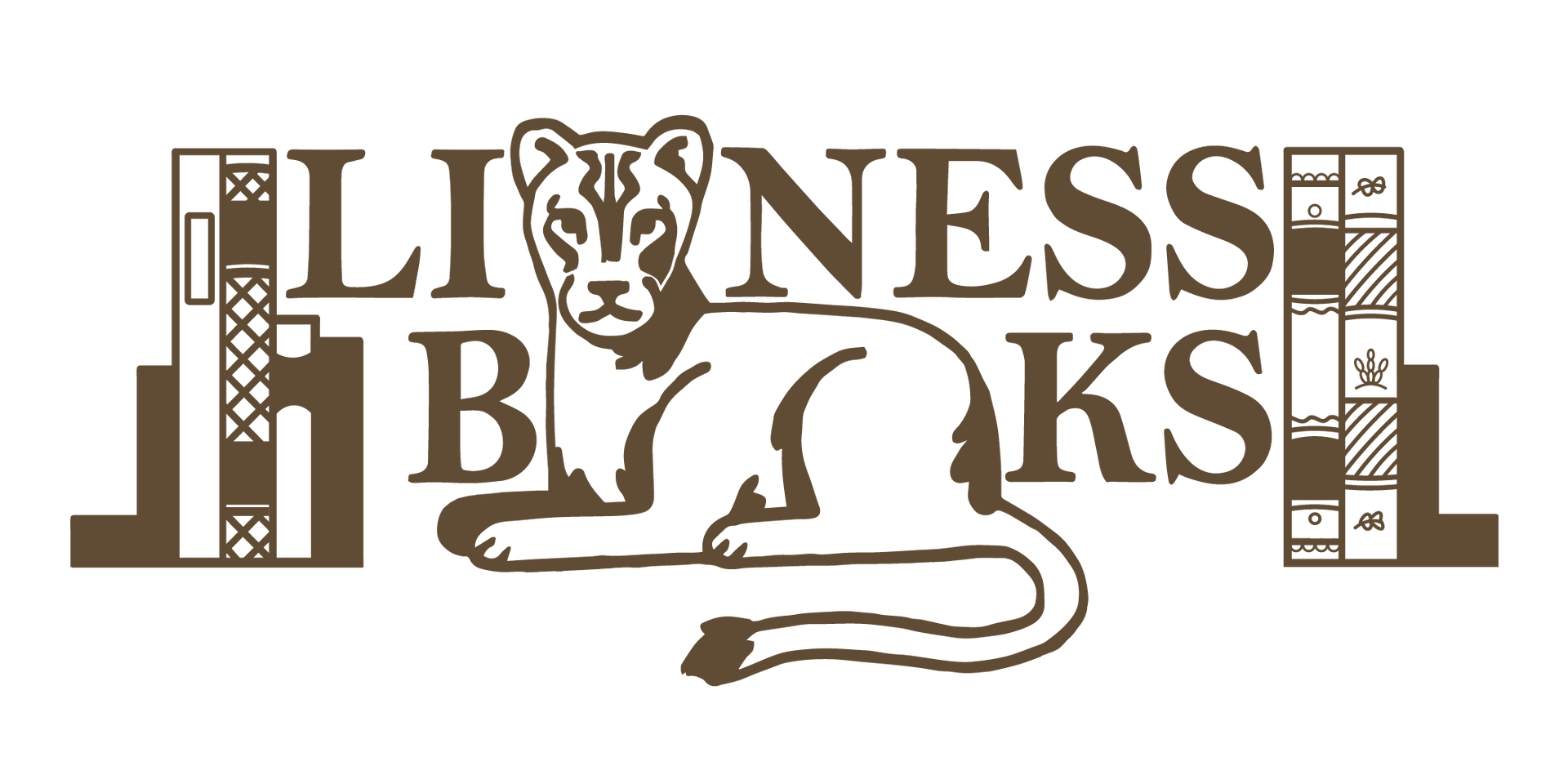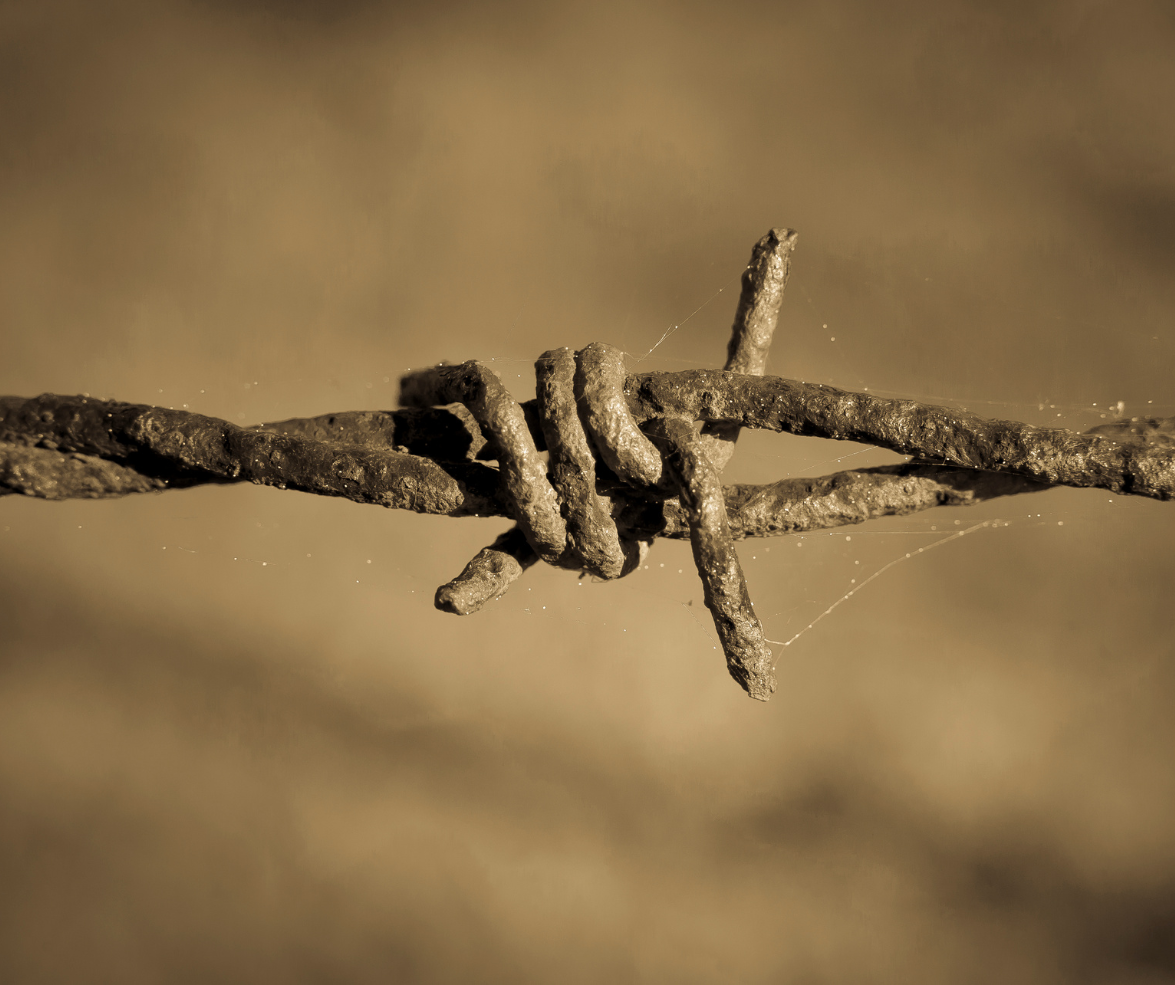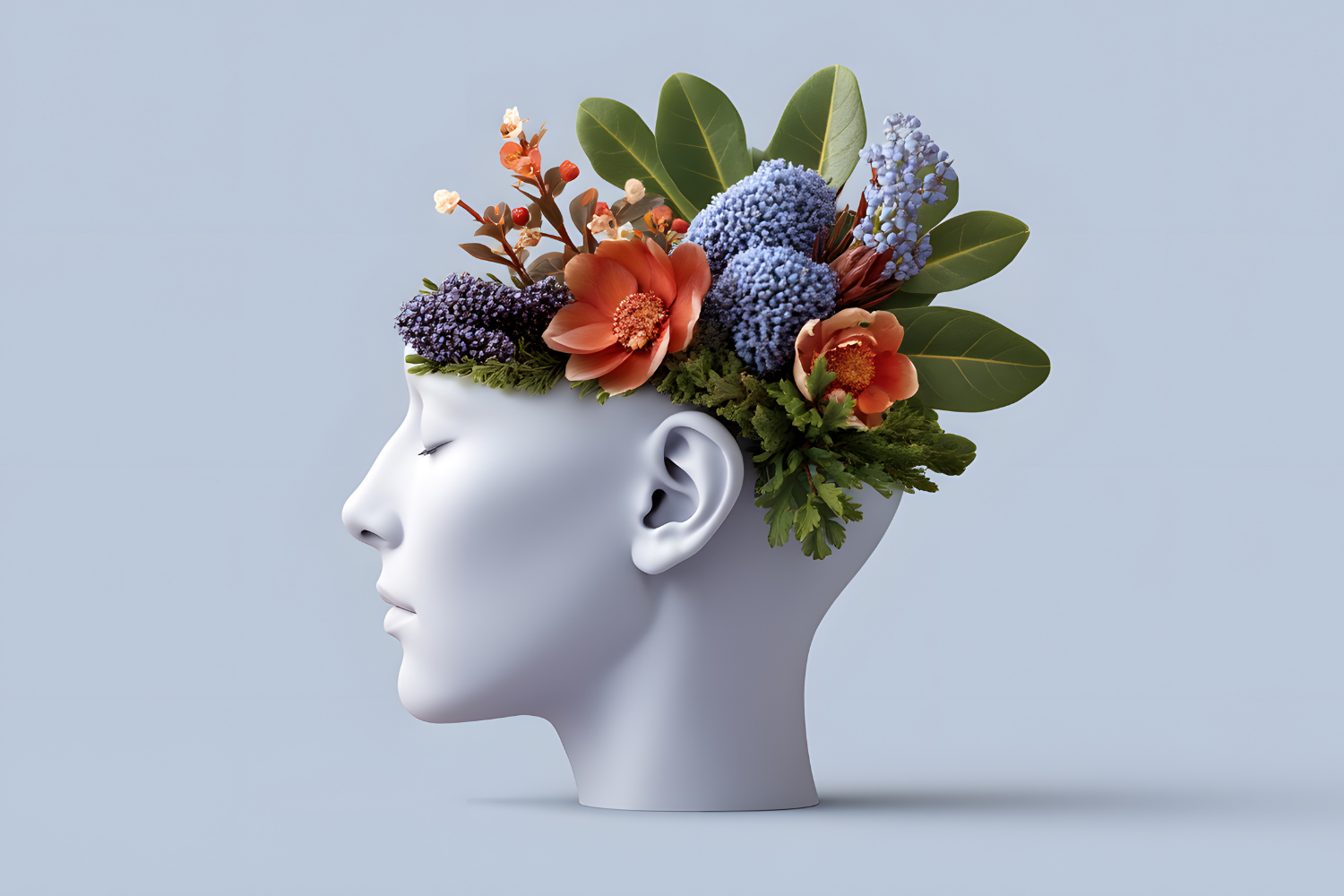At Lioness Books, we believe everyone deserves the joy of a good story. But for many individuals with disabilities, traditional reading can present challenges. This is where audiobooks shine – offering a powerful and accessible way to experience the written word. There are many benefits audiobooks provide for readers with some challenges and great platforms like Libro.FM, our audiobook partner, who champions inclusivity in the literary world.
Understanding the Importance of Audiobooks for Individuals with Disabilities
For those with visual impairments, reading a physical book can be difficult or even impossible. Audiobooks eliminate this barrier, allowing individuals to access the vast world of literature independently.
Similarly, for those with mobility limitations, holding a book or turning pages may be cumbersome. Audiobooks liberate them from these constraints, making reading a comfortable and enjoyable activity.
Learning disabilities like dyslexia can also make traditional reading frustrating. However, audiobooks cater to auditory learners, bypassing the decoding struggles associated with reading text. This allows them to focus on understanding the story and developing their comprehension skills.
Audiobooks can provide a more engaging way to consume information for individuals with attention deficits, as the auditory format can help maintain focus. The rhythmic nature of audiobooks can also create a soothing backdrop, making it easier to stay engaged with the content. Additionally, audiobooks offer the flexibility to listen at one's own pace, allowing individuals with attention deficits to pause or rewind as needed.
Audiobooks Promote Inclusivity for Individuals with Disabilities
Discussion groups, book clubs, and online forums are vital aspects of the reading experience. Audiobooks foster inclusivity for individuals with disabilities by providing an accessible way to experience literature, regardless of what can be a limitation. Audiobooks allow them to participate in discussions, book clubs, conversations, and school assignments, ensuring they are not excluded due to their disability. With audiobooks, individuals can stay up-to-date on the latest literary pieces, fostering a sense of belonging and connection within the wider literary community.
Additionally, audiobooks allow individuals with disabilities to engage with current events and popular culture through non-fiction titles. Whether it's a biography, a historical account, or a self-help guide, audiobooks provide access to important information and diverse perspectives. This empowers individuals with disabilities to participate fully in conversations and stay informed.
Libro.FM: Supporting Readers with Disabilities with Accessible Audiobooks
Here at
Lioness Books, we're proud to partner with
Libro.FM, an audiobook platform that prioritizes accessibility and supports independent bookstores.
Libro.FM offers a wide range of audiobooks, including titles with descriptive narration for visually impaired listeners. Their user-friendly interface allows patrons to adjust playback speed and set bookmarks, ensuring a comfortable listening experience.
Libro.FM champions fair pay for authors and narrators, while also supporting independent bookstores like Lioness Books. This ensures a thriving ecosystem within the publishing industry, benefiting everyone from the author to the listener.
By choosing audiobooks on Libro.FM, you're not just enjoying a captivating story; you're supporting disability inclusion and the independent bookstore community.
Audiobooks are a powerful tool for promoting accessibility in the literary world. They remove barriers for individuals with disabilities and visual impairments, allowing them to experience the joy of reading and become active participants in the literary community. At Lioness Books, we are passionate about the power of audiobooks and encourage you to explore this enriching format with the support of Libro.FM. So why not pick up your headphones and get lost in a great audiobook today?
To learn more about Lioness Books, visit our website www.lionessbookstx.com
